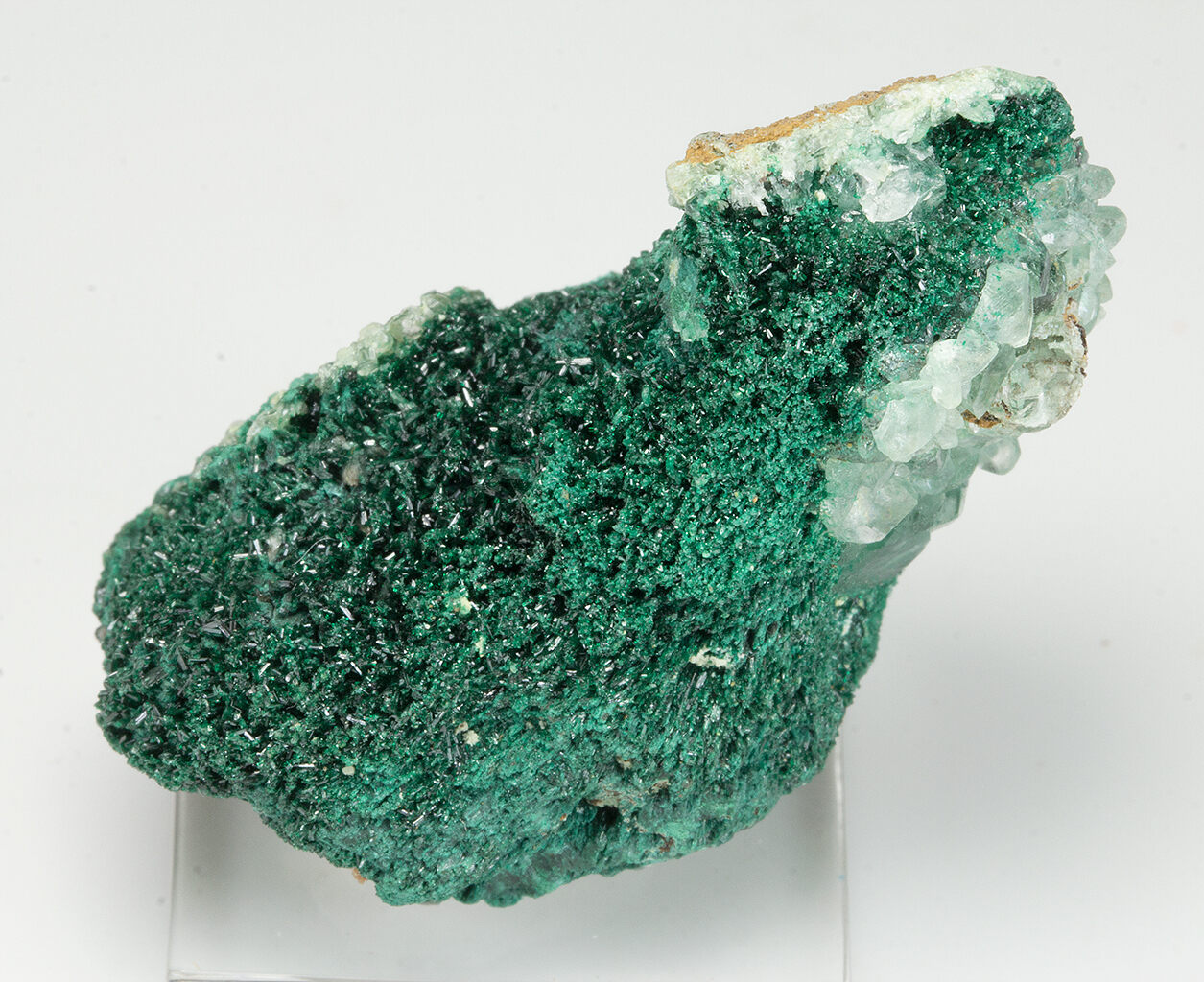
Precordial Catch Syndrome (PCS) is a common yet often misunderstood condition that affects many people, especially children and teenagers. Ever felt a sudden, sharp pain in your chest that makes you stop in your tracks? That might be PCS. This condition is usually harmless and not related to heart problems, but it can be quite alarming. PCS pain is typically brief, lasting just a few seconds to a couple of minutes, and often occurs at rest. It’s important to know that Precordial Catch Syndrome doesn’t require medical treatment and usually resolves on its own. Understanding PCS can help ease worries and prevent unnecessary trips to the doctor. Let’s dive into 50 intriguing facts about this curious condition.
Key Takeaways:
- Precordial Catch Syndrome (PCS) causes brief, sharp chest pain, often in young people. It's harmless and can be managed with simple techniques like deep breathing and staying calm.
- PCS is diagnosed by ruling out other conditions and doesn't require specific medical treatment. Living with PCS involves staying informed, maintaining a healthy lifestyle, and seeking emotional support.
What is Precordial Catch Syndrome?
Precordial Catch Syndrome (PCS) is a common, benign condition that causes sharp, localized chest pain. It often affects children and adolescents but can occur in adults too. Here are some intriguing facts about PCS.
- PCS is often mistaken for heart problems due to its location in the chest.
- The pain from PCS is usually brief, lasting only a few seconds to minutes.
- PCS pain is typically felt on the left side of the chest.
- The exact cause of PCS is unknown, but it is believed to be related to nerves or muscles in the chest wall.
- PCS is not life-threatening and does not cause any long-term health issues.
- The pain from PCS can be sharp and stabbing, making it quite alarming.
- PCS episodes can occur sporadically, with no clear trigger.
- Deep breathing or changing position can sometimes alleviate the pain.
- PCS is more common in teenagers and young adults.
- The condition often resolves on its own as a person gets older.
Symptoms of Precordial Catch Syndrome
Understanding the symptoms can help differentiate PCS from other serious conditions. Here are some key symptoms to look out for.
- Sudden onset of sharp chest pain.
- Pain that is localized to a small area of the chest.
- Pain that worsens with deep breathing or movement.
- No associated symptoms like fever, cough, or shortness of breath.
- Pain that does not radiate to other parts of the body.
- Episodes that occur at rest, not during physical activity.
- Pain that resolves quickly without any intervention.
- No signs of inflammation or infection in the affected area.
- Normal physical examination and vital signs.
- Pain that does not respond to typical heart medications.
Diagnosing Precordial Catch Syndrome
Diagnosis of PCS is primarily clinical, based on the patient's history and symptoms. Here are some facts about the diagnostic process.
- There are no specific tests for PCS.
- Doctors often diagnose PCS by ruling out other conditions.
- A detailed medical history is crucial for diagnosis.
- Physical examination is usually normal in PCS patients.
- Chest X-rays and ECGs are typically normal.
- Blood tests are not required for diagnosing PCS.
- Diagnosis is often confirmed by the characteristic nature of the pain.
- PCS is sometimes diagnosed by exclusion, after other causes of chest pain are ruled out.
- Reassurance from a healthcare provider is often part of the diagnosis.
- Follow-up is rarely needed unless symptoms change.
Treatment and Management of Precordial Catch Syndrome
While PCS is benign, managing the symptoms can improve quality of life. Here are some treatment and management facts.
- PCS does not require specific medical treatment.
- Pain relief can be achieved through simple measures like changing position.
- Over-the-counter pain relievers are usually not necessary.
- Deep breathing exercises can help alleviate pain.
- Staying calm and relaxed can reduce the frequency of episodes.
- Educating patients about the benign nature of PCS is crucial.
- Physical activity does not need to be restricted.
- Stress management techniques can be beneficial.
- Keeping a pain diary can help identify potential triggers.
- Regular follow-up is not typically required unless symptoms persist or worsen.
Living with Precordial Catch Syndrome
Living with PCS can be challenging, but understanding the condition can help. Here are some tips for managing daily life with PCS.
- Awareness of the condition can reduce anxiety during episodes.
- Maintaining a healthy lifestyle can improve overall well-being.
- Staying hydrated may help reduce the frequency of episodes.
- Avoiding sudden, deep breaths can prevent triggering pain.
- Practicing good posture can reduce chest wall strain.
- Engaging in regular physical activity can strengthen chest muscles.
- Seeking support from friends and family can provide emotional comfort.
- Joining support groups can connect you with others experiencing PCS.
- Keeping a positive outlook can make living with PCS easier.
- Remembering that PCS is benign can help manage fear and anxiety.
Final Thoughts on Precordial Catch Syndrome
Precordial Catch Syndrome (PCS) might sound scary, but it’s usually harmless. Those sudden, sharp chest pains can be alarming, especially for kids and teens. However, knowing that PCS isn’t linked to heart problems can ease a lot of worries. The pain often goes away on its own, and simple actions like changing position or taking deep breaths can help. If the pain persists or you notice other symptoms, it’s always a good idea to check with a doctor. Understanding PCS can make a big difference in managing those unexpected chest pains. Remember, while PCS is common and typically not serious, staying informed and consulting healthcare professionals when needed ensures peace of mind. Stay curious and keep learning about your health!
Frequently Asked Questions
Was this page helpful?
Our commitment to delivering trustworthy and engaging content is at the heart of what we do. Each fact on our site is contributed by real users like you, bringing a wealth of diverse insights and information. To ensure the highest standards of accuracy and reliability, our dedicated editors meticulously review each submission. This process guarantees that the facts we share are not only fascinating but also credible. Trust in our commitment to quality and authenticity as you explore and learn with us.


